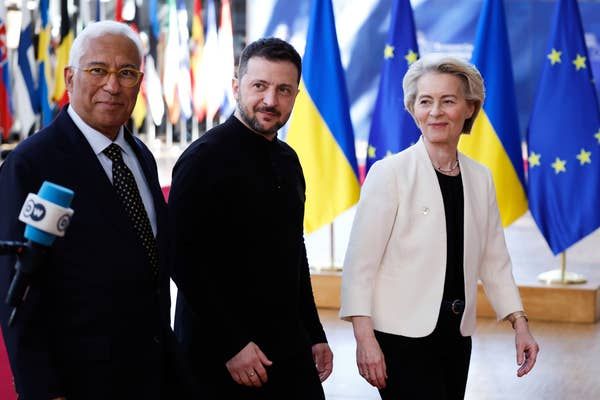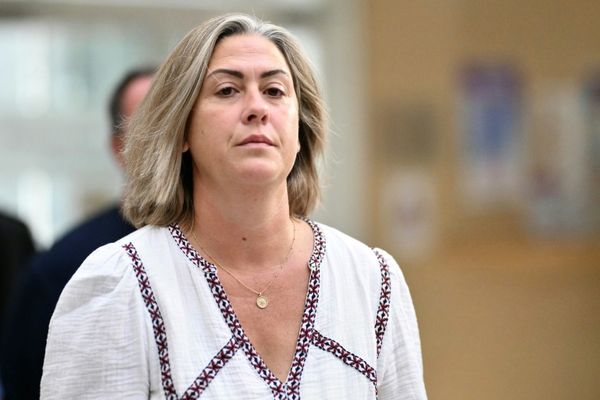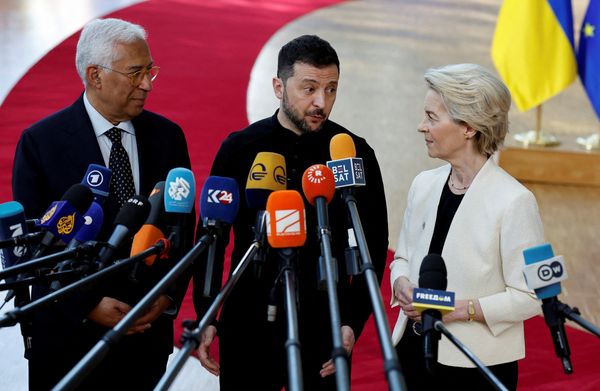The Urdu sher (couplet), irrespective of it being composed by a classical or modern poet, is likely to acquire a contemporary nature given the subject it deals with, and its structure. After all, at a time when the vessel for applause and abuse is a social media post, the pathos or passion that the sher evokes can fit nicely into an eloquent 140-character tweet. Hyderabad-based Bazm-e-Sukhan (Assembly of Celebrating Poetry) seeks to bring about an appreciation of poetry by leveraging simple technologies, retaining in-person meetings , and publishing.
“If you see, the 140 characters are perfect for a sher. A gamut of emotions can be expressed in a sher. Contrary to popular perception, technology does not sound the death knell of art. When there is a growth in tech, one sees an increase of interest in literature and art,” says development economist Amir Ullah Khan, co-founder of the Bazm. “It has also helped the Bazm connect with Urdu lovers across the globe.”
The idea germinated a little over four years ago when Mr.Khan and his friend Ashar Farhan sat down and thought about how differently Urdu poetry could be appreciated, especially by those whose mother tongue isn’t Urdu. The result, after consultations, was in-person poetry appreciation meetings organised once a week where participants would recite their couplets or quatrains of their choosing to a resounding and appreciative wah from listeners.
But, in 2020, the COVID-19 pandemic struck. Like all meetings, the Bazm too moved online. It was then that it truly went global. Poetry aficionados from Europe, USA and West Asia joined in. They read, they recited, and they learned.
As per the Bazm’s tradition, Col. Ramesh Chugh, a lover of Urdu poetry, begins reciting. He chooses Shahid Kabeer: “ Neend se aankh khuli hai abhi dekha kya hai/ dekh lena abhi kuch dair mey duniya kya hai. Bandh rakha hai kisi sonch ne ghar se hum ko/ Warna apna dar-o-dewaar se rishta kya hai.”
The Bazm is now a collaborative effort of the Digital Empowerent Foundation (DEF), an organisation led by Osama Manzar that seeks to narrow the digital gender divide, along with open cultural space LaMakaan, and the Centre for Development Policy and Practice (CDPP). Mr.Khan says while DEF looks after the Bazm’s digital initiatives and presence, in-person meetings are organised at LaMakaan, and CDPP is entrusted with publishing.
“We have been consistent. There is an online Bazm meeting every Tuesday at 10 p.m. where people from across the world join in. Once a month — on the second Wednesday — there is an in-person meeting at LaMakaan. And once a year, we publish a book,” Mr.Khan says.
The first publication was Aata Hai Yaad Mujhko Guzra Hua Zamana, an autobiographical account of Ram Pall Joshi, who began his career in the 2nd Emergency Commission of the Indian Army as a Caption and retired as the Additional Director General of Police in Punjab. The author narrates his life and introduces couplets that contain within them an experience.
For instance, the author recalls that as part of his training, he had to walk for 10 hours with a few short breaks. In an interaction with his Captain, Mr.Joshi marvelled at the hardship the human body could endure, and sums it up with a couplet: Pahaadon se jo takraaye usay toofan kehte hai/ Jo toofan se takraaye usay insaan kahte hai [One who braves the mountains is known as storm/ One who braves storms is known as Insaan (human)] (author’s translation). The book is peppered with similar delightful and poignant instances and accompanying couplets penned by poets such as Ghalib, Muhammad Iqbal, and Pandit Mela Ram Wafa.
Alfaaz ki Mehfil by Satya Prabhakar, a business leader, is a book of Urdu poetry and its English interpretation.
And what of mentorship? The Bazm seeks guidance from Prof.Ashraf Rafi, Laxmi Devi Raj, Anees Ayesha and Tasneem Johar. Another patron is Maulana Azad National Urdu University Vice-Chancellor Syed Ainul Hasan.
This year, the Bazm announced it would encourage newer and younger poets. As many as 12 poets would be selected, brought to Hyderabad next March. After their work is analysed, the first three would be awarded. The top three would be awarded ₹1 lakh, ₹50,000 and ₹25,000.
The founders believe that the Bazm is a celebration of all that is innately India — diversity, and a rootedness in art.







